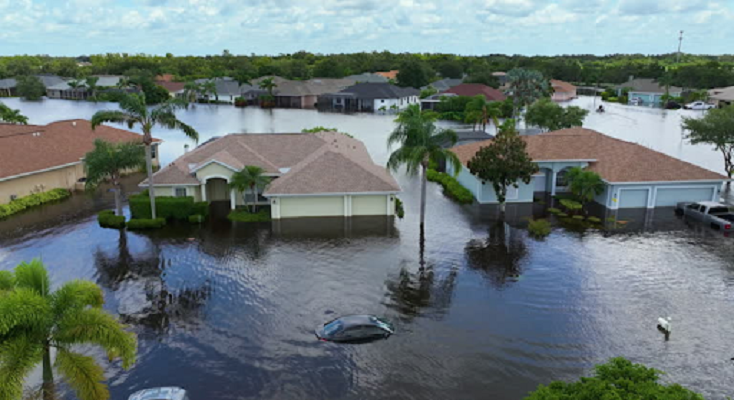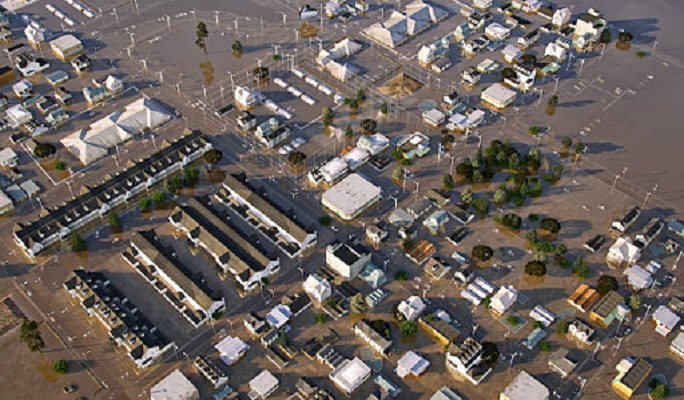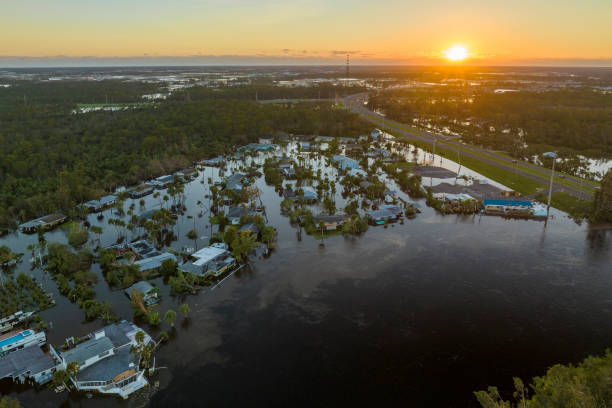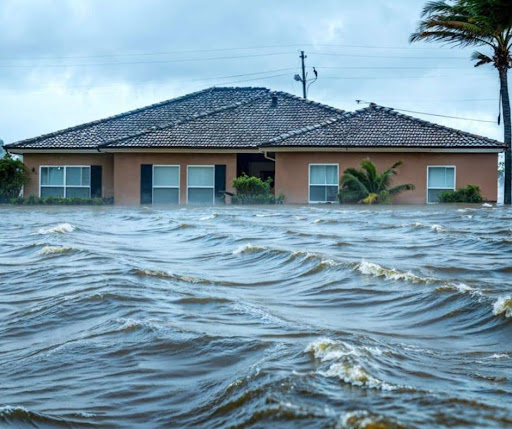If you live in Florida, you likely know the beauty and benefits of the Sunshine State—but also the risks. Florida is one of the most flood-prone states in the U.S., with heavy rains, hurricanes, and rising sea levels becoming increasingly common. What many homeowners don’t realize until it’s too late is that standard home insurance doesn’t cover flood damage.
That’s where Florida flood insurance companies play a critical role. These companies provide specialized protection designed to cover what traditional policies won’t, safeguarding your property and financial future from the devastating impact of flooding.
What Flood Insurance Actually Covers?
When you purchase a policy for water damage and home insurance, you’re buying protection that is tailored for flood-related damage and your home through the same agency. This includes both the structure of your home and the personal belongings inside.
Building Coverage
This part of the policy generally protects the physical aspects of your home. It includes your walls, floors, foundation, electrical systems, HVAC units, and built-in features. If flooding causes structural damage, your insurance helps cover the repair or rebuilding costs.
Contents Coverage
Flooding can damage furniture, clothing, appliances, and electronics. Contents coverage helps replace or repair your personal property. Some policies may even offer options to cover items stored in basements or garages, depending on the insurer.
By having both forms of protection in your flood insurance plan, you can rest assured that your home and belongings are covered in the event of a flood.
What Homeowners Insurance Doesn’t Cover?

Many property owners mistakenly believe their homeowners or renters insurance includes flood protection. It doesn’t.
Key Exclusions in Standard Home Insurance:
- Floodwater damage
- Mudslides and groundwater seepage
- Storm surge from hurricanes
- Water damage due to overflowing bodies of water
This gap leaves many homeowners exposed to severe financial losses after a flood. Even when water damage and home insurance intersect, the cause of the damage determines whether a claim is covered. If it’s not a burst pipe or internal issue, the chances are slim.
What Do Florida Flood Insurance Companies Offer?
Florida flood insurance companies specialize in protecting against losses that result specifically from flooding. Whether you’re in a FEMA-designated high-risk zone or a moderate-risk area, having flood insurance ensures you’re covered where it matters most.
Types of Coverage Offered:
- Building Property Coverage: Structural damage to your home, including walls, floors, foundation, electrical systems, and HVAC units.
- Personal Property Coverage: Furniture, clothing, electronics, and appliances affected by floodwaters.
- Basement and Crawlspace Protection: Offered by some private insurers, not typically covered by NFIP policies.
- Temporary Living Expenses: Some policies reimburse costs for temporary housing during repairs.
Why You Need a Specialized Flood Insurance Company?
Not all insurance providers understand the complex flood risk landscape in Florida. That’s why working with dedicated flood insurance companies is vital. These providers focus solely on flood risks, giving them the expertise to:
- Accurately assess your flood risk based on FEMA flood maps and topography
- Customize policies for high-value or complex properties
- Provide faster claims processing and expert loss assessments
You’re not just buying a policy—you’re securing peace of mind from companies that truly understand Florida’s flood vulnerabilities.
Benefits of Flood Insurance Companies in Florida
Florida flood insurance companies are particularly skilled in addressing the unique needs of properties in the state. Florida’s landscape, climate, and geography create conditions that make flood protection especially important.
Local Expertise
These companies often have in-depth knowledge of which neighborhoods and regions are most at risk. This allows them to offer appropriate coverage levels and suggest preventive measures that are relevant to your area.
Customizable Policies
One size doesn’t fit all when it comes to flood insurance. Depending on your property’s location, size, and value, you may require more extensive coverage or special add-ons. Local providers can tailor policies to your specific requirements.
Quick Claims Process
In the unfortunate event of a flood, dealing with an efficient, understanding insurer makes a significant difference. Regional flood insurance companies tend to offer more responsive customer service and quicker claims processing.
Understanding Water Damage and Home Insurance
While home insurance may cover some types of water damage, it’s crucial to understand the distinctions:
| Type of Water Damage | Covered by Home Insurance? | Covered by Flood Insurance? |
| Burst pipes | Yes | No |
| Roof leaks | Yes (if sudden) | No |
| Sewer backup | No (without add-on) | No (usually requires rider) |
| Flood from storm | No | Yes |
| Overflowing river | No | Yes |
The key takeaway? You need both types of insurance to be fully protected.
What to Look for in a Flood Insurance Provider?
Choosing the right flood insurance company in Florida requires more than just price comparison. Here are the top factors to consider:
1. Experience in Florida’s Market
The best companies have years of experience working specifically in Florida and understand the state’s floodplain intricacies.
2. Comprehensive Coverage Options
Look for insurers that offer flexible plans, including higher limits, basement coverage, and reimbursement for temporary living expenses.
3. Strong Financial Rating
Ensure the company is financially stable and capable of paying claims quickly and efficiently after a disaster.
4. Fast Claims Processing
Quick, transparent claims resolution is a must. A strong provider offers 24/7 support and quick settlements after a flood.
5. Reputation and Reviews
Check online reviews, customer testimonials, and BBB ratings to gauge satisfaction levels.
Top Benefits of Working with Flood Insurance HQ
Flood Insurance HQ is more than just a marketplace—it’s your partner in flood protection.
Why Choose Us?
- We work with top-rated Florida flood insurance companies to provide the best rates and coverage options.
- We simplify flood insurance by offering expert consultations tailored to your specific needs.
- We save you time and money by comparing multiple policies on your behalf.
- We stay up to date with FEMA changes, local floodplain updates, and evolving regulations.
Whether you need coverage for a single-family home, a condo, or an investment property, we make the process seamless.
How Much Does Flood Insurance Cost in Florida?
The cost of flood insurance varies based on:
- Location (high-risk vs. low-risk zones)
- Property elevation
- Construction type
- Age and condition of the property
- Policy provider (NFIP vs. private)
What Happens If You Don’t Have Flood Insurance?
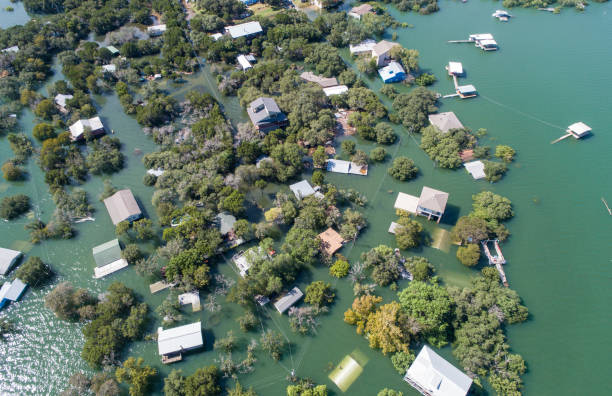
Without flood insurance, you’re on your own. FEMA assistance is not a replacement for coverage—it’s usually a loan that must be repaid.
Consequences include:
- Paying 100% of the damage repair costs
- Losing your home equity
- Facing mortgage default if unable to rebuild
- Displacement from your property with no temporary housing assistance
Don’t Wait—Secure Your Flood Coverage Today
Partner with Florida’s Trusted Flood Insurance Experts
Flood Insurance HQ partners with top Florida flood insurance companies to offer you the best coverage at competitive prices. Whether you’re in a high-risk coastal zone or an inland neighborhood, we have a solution tailored to your needs.
Get a free quote today!
Visit our website or call our experts to:
- Compare NFIP and private flood insurance options
- Get guidance on understanding water damage and home insurance overlap
- Protect your home, rental, or commercial property from disaster
Be ready before the next storm hits. Let us help you protect what matters most.

